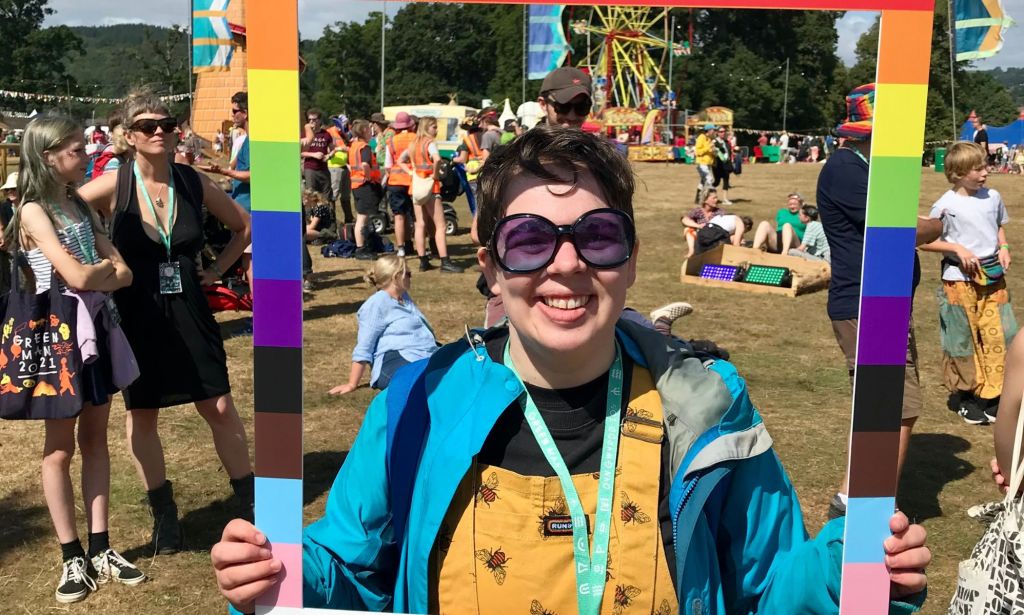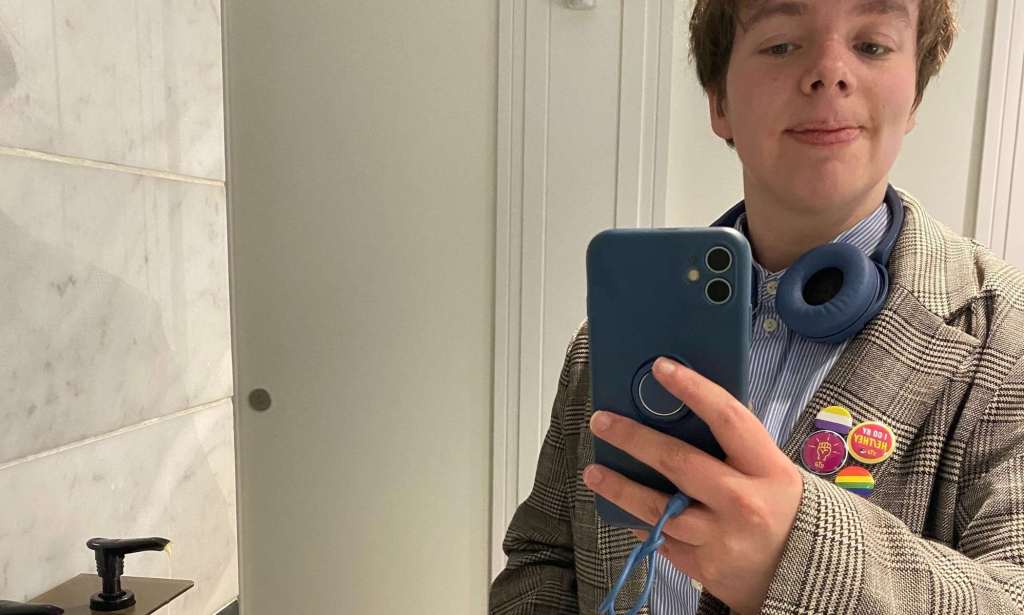‘Trans history gives me the confidence to change the world today’

Casey Browne is a Just Like Us ambassador (Casey Browne)
I didn’t learn about trans people whilst in school. Like so many people in my generation and the generations before us, I missed out on learning about the rich history of the trans community, and therefore part of the human experience.
I didn’t get to learn about a group of people who deserve to be humanised, especially in the face of transphobia and adversity. Trans history helps LGBTQ+ people and allies alike to move beyond medical narratives and allows us to see trans folk as multifaceted people with rich and complex stories. It challenges stereotypes and promotes understanding.
For young people who are trans themselves, like me, learning about trans history provides crucial representation and visibility. It helps us see that trans people have always existed and contributed to society, and by learning about their experiences, struggles and achievements, we can recognise what’s possible.
Learning about trans people makes me feel more empowered and resilient, and knowing about the strength of trans communities throughout history will empower current and future generations. It reminds me that despite adversity, trans people have made significant contributions to culture, activism, and social change, which is so important to me because advocating for social change is now a big part of my life.

After school, I went to university and became an LGBTQ+ Officer. This role involved organising events, and creating resources about LGBTQ+ inclusion for professors. I also began volunteering as an ambassador for Just Like Us, the LGBTQ+ young people’s charity. By volunteering, I am able to share my experiences in schools, becoming the trans representation that I never had in my own classroom.
But making change doesn’t have to start when we leave school. I know that if I had had the chance to learn about trans people and trans history at school, I would have felt empowered enough to start sooner. Young people in schools have the power to make a difference, whether by advocating for more inclusive policies, creating safe spaces like LGBT+ groups in their school communities, or simply by educating those around them. But they are only able to do this if they are able to learn about the world around them, which includes LGBT+ people.

I hope trans history can teach other young people, like it has taught me, that things don’t just get better in a nebulous future, that people are working to make the world a better place. That being LGBTQ+ means that you are allowed to advocate for your community, and that social movements, organised around the acceptance and rights of persons who might today identify as LGBTQ+, began as responses to centuries of discrimination towards the LGBT+ community.
My journey from feeling confused and alone in who I was, to using my voice to advocate for others, took longer than it should have because I lacked inclusive education. Trans history is not only about documenting the past; it’s about reshaping our understanding of gender, identity, and the human experience.
Casey volunteers as an ambassador for Just Like Us, the LGBT+ young people’s charity. LGBT+ and aged 18 to 25? Sign up here!
How did this story make you feel?

